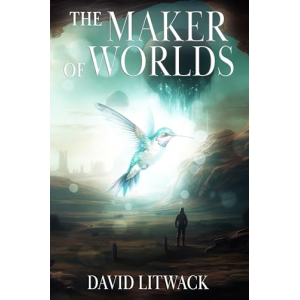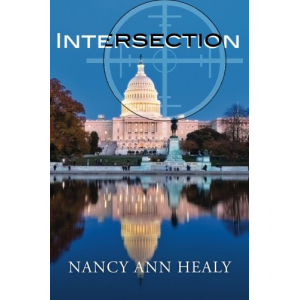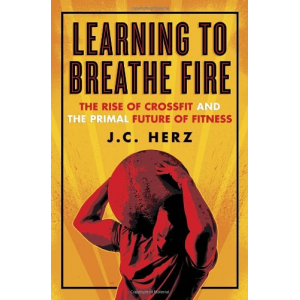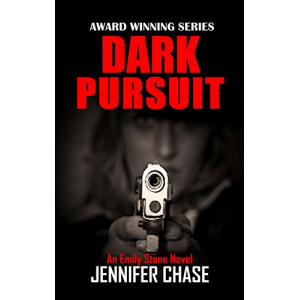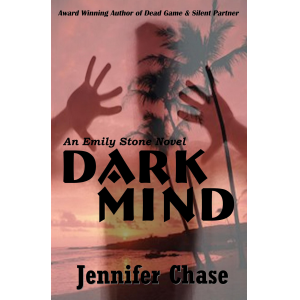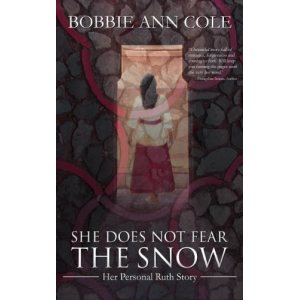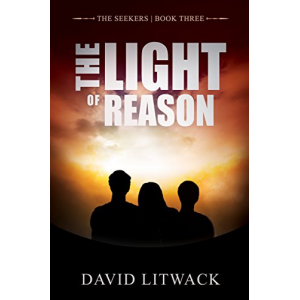- Author
- Book
- Story behind the book
- Media Links
- Reviews

Brendan Gisby
About

Brendan Gisby was born in Edinburgh, Scotland, halfway through the 20th century, and was brought up just along the road in South Queensferry (the Ferry) in the shadow of the world-famous Forth Bridge.
Retiring from a business career in 2007, he has devoted himself to writing.
Brendan has published two novels, 'The Island of Whispers' and 'The Olive Branch'; a collection of short stories about growing up in the Ferry during the 1950's and 1960's, ‘Ferry Tales’; and a biography of his late father, ‘The Bookie’s Runner’.
He presently lives on the fringes of an ancient volcano, Arthur’s Seat in Edinburgh.
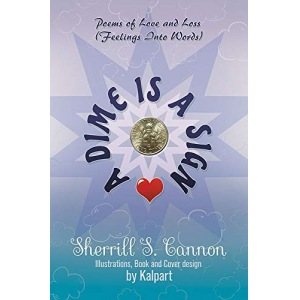
A Dime Is a Sign: Poems of Love and Loss (Feelings Into Words)
Description
<p>A psychic medium once said that if you find a random dime, it is a sign that someone that you have loved and lost is thinking of you.</p><p><strong>A Dime is a Sign Through Time</strong></p><p><em>If you find a dime, </em></p><p><em>You will know that I'm</em></p><p><em>Sending thoughts of love</em></p><p><em>Through the veil of time.</em></p><p> </p><p><em>Ten cents with a silver shine, </em></p><p><em>A sense sent you to help remind</em></p><p><em>That someone who left you behind</em></p><p><em>Is always living in your mind.</em></p><p> </p><p><em>Sending love and vibes, </em></p><p><em>Felt as psychic sighs ...</em></p><p><em>The ones that you miss, </em></p><p><em>Send you a kiss ...</em></p><p> </p><p>Sherrill S. Cannon's second book of poetry contains messages written through the years in poetic form that put feelings into words. As a teacher, many of her poems helped counsel troubled teens and friends.</p><p>There are three sections in the book: Heads, Spinning, and Tails ... (Love & Loss: Coin Toss?). The variety of lyrical poetry forms include free verse, blank verse, haiku, and sonnets, while some are just playing with words!</p><p>Hopefully, this is also a book of healing.</p><p> </p><p> </p><p>Sherrill S. Cannon, a former teacher and grandmother of ten, is the author of nine acclaimed rhymed children's books, plus a recent award-winning book of poetry <em>(A Penny for Your Thoughts), </em>which together have received 63 national and international book awards since 2011. She also wrote seven published plays for elementary school children that have been performed in over 25 countries. Most of her children's books emphasize consideration for others. Married for 58 years, she and her spouse are now retired, live in Pennsylvania, and travel in their RV from coast to coast, spending time with their children and grandchildren, and sharing her books along the way!</p><p> </p>
Story Behind The Book
Many people have written books about their fathers. In doing so, they have set out to celebrate their fathers’ heroism or achievements or fame – or even notoriety. I’ve written this short book about my father. He wasn’t a hero. Apart from fathering seven children, six of whom are alive and kicking to this day, he didn’t achieve anything noteworthy in his brief life. He wasn’t famous in any way. Nor was he remotely notorious. On the contrary, he was respected and loved by all who knew him. He was an ordinary, working-class man; a gentle soul, who loved his family and toiled day and night for them. So why did I want to write a book about him? The answer is simple. Dad was also a downtrodden man; one of life’s losers. His experiences – the events that came together to destroy him – are important to me. They shaped my outlook on life. They made me who I am.
Media Links
Reviews
Brendan Gisby's 'The Bookie's Runner' is a perfect 100 pages - perfect and exactly 100 pages (you don't see that too often). <br /><br />So, it is a novella, and a eulogy, maybe even an apology for Brendan's not being able to do more to help his father in troubled times, although he clearly did what he could. <br /><br />There is nothing extraordinary about the story of this book - millions, even billions, have suffered lives like these, which makes it a universal tale. <br /><br />What is extraordinary is the writing. Like the best of French auteur cinema, it is novella of characters who interact vividly (you can see each one clearly as if on celluloid) in a mildly tragic way. The tone is lyrical, fluorescent, and its trajectory is literally the dying fall. We know from the beginning that it is about a man who will be dead by the end of the book. The question is why. <br /><br />There is also something extraordinary about the plotting and the rhythm of the piece, something that mesmerises. The whole book takes place in the space of a short bus journey the author took as a teenager after the funeral of his father on his way to his first day back at school. <br /><br />It has been compared with 'Angela's Ashes' but it is not as grandstanding as that. It is more like Francoise Sagan's 'Bonjour Tristesse' or Elizabeth Smart's 'I Sat Down in Grand Central Station and Wept'. <br /><br />It is too late to read this before Brendan's dad died and to put things right, and that would somewhat undermine the point of the book, but there is time yet to read it before you do. Yes, it is one of those books for sure.<br /><br />Tim Roux - Publisher and Author<br /><br />What his publisher says about The Bookie's Runner: it is "thoroughly mesmerising." I agree. It is also a gem, the kind of story that once picked up, resists being put down until the last syllable of the last word of the last sentence has been read. <br /><br />Written from the perspective of a fifteen year old boy thinking through his father's life and death, this book of 100 pages tells the story of "an ordinary, working-class man; a gentle soul, who loved his family and toiled day and night for them," "a downtrodden man, one of life's losers", a man of many dreams who wanted so much more from life, but ended achieving nothing but the respect and love of those who knew him which, in my experience, is worth more than money can possibly buy. <br /><br />One might think that such a description is enough to cause people to turn away from this book and its story ... yet it is what makes the story so compelling. We all know people like Derry McKay, common, ordinary blokes who may be of little account in the grand scheme of things, but whose lives are the foundation on which our countries and our civilizations stand. <br /><br />Derry McKay's story hauntingly lingers, appearing in the memories and associations from the years of my living, as it will in yours. Pick up a copy of this captivating story, sit down, get a cup of coffee or tea, put your feet up and enjoy The Bookie's Runner. It's one of my favorites in this New Year.<br /><br />George Polly - Author (Japan)<br /><br />We all would like to think that at some stage after our departure from the living world, someone, somewhere, would care enough to remember us, with fondness. <br /><br />Brendan Gisby does that in this book. Yet more importantly he allows us to invade the life of his late father, Derry McKay. <br /><br />The author takes us by the hand and joins us in the journey into who Derry McKay was, and what impact his life had on those that knew him. The author writes with a pen filled with love, regret, and at times anger at what can never be changed. <br /><br />This is not an account glowing with metaphors about the late Derry McKay. It is far too honest for that. <br /><br />What the author has achieved here is a lingering visual image of a man who seemed too gentle for the time he was born into. <br /><br />A gentleman and a gentle man, Derry McKay was quick with a smile and quicker still to help anyone in need. He was a man who clearly adored his family, and worked long and hard to ensure them a safe and secure place in a difficult world. <br /><br />Some people are larger than life, they strut about, garnering attention, drawing people to them by the sheer force of their personalities. These peacocks are memorable for reasons very different to those of the Author's father. <br /><br />Derry McKay was a man who never forgot how to dream. He clung to the belief that one day ... someday his ship would come in. He held that belief right up until the end of his life. <br /><br />He held himself together in spite of the circumstances and the people around him that took those precious dreams and tried to trash them. He bent under the strain of providing for his large brood. <br /><br />He turned gray and took on more work load in a vain attempt to make his family a little safer, a little more secure in an insecure world. <br /><br />The very people he should have been able to trust with his fragile hopes and dreams, and his hard earned money, were so certain of his ultimate forgiveness that they made the continuing mistake of seeing him as weak. Calm acceptance of what life hands out is not a weakness. <br /><br />It takes strength and wisdom to hold on to what you believe to be the right thing to do, when the easier thing would be to run. <br /><br />Many men would have walked away from the poverty and the stress associated with it. Many men would have had their spirit broken by the process of dehumanizing that often accompany being poor. Derry McKay didn't walk...he didn't break, although he came painfully close to it. In staying, in continuing to work when his health deteriorated, in refusing to acknowledge that his illness was more than a painful problem that would heal with time; Derry McKay signed his own death certificate. <br /><br />By virtue of the fact that he existed at all, the fact that I have just shared a patchwork of glimpses into his life, Derry McKay will always remain remembered. His life mattered. He counted for something. His son has proven just that in writing this book. <br /><br />The Author's reaction, loss, pride and anger in recounting his memories of Derry McKay make for a powerful read. <br /><br />Take the journey with Brendan Gisby. Meet, Derry Mckay. The man, the husband, the father, the son and the grandson...The Bookie's Runner. <br /><br />You will not regret it. <br /><br />It is not a long journey...but the Author makes it a very memorable one.<br /><br />Soooz Burke - Author (Australia)
